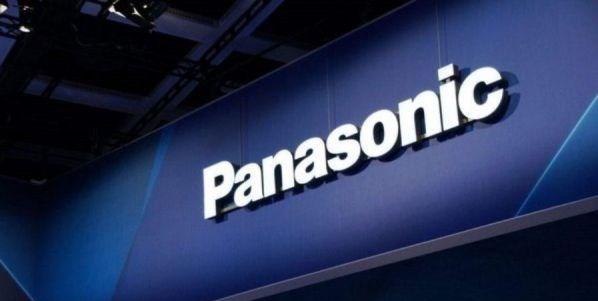A few days ago, buying a car network Buycar learned that Panasonic will invest 704 million US dollars (about 4.456 billion yuan) and start mass production of 4680 power batteries for Tesla in 2023. According to the plan, the plant is expected to have an annual production capacity of about 10GWh, accounting for about 20% of the current Panasonic production capacity.

It is reported that Panasonic is currently focusing on improving the new battery manufacturing process launched in October 2021, and has opened the trial production of related batteries. It is reported that panasonic's current total annual cylindrical lithium-ion battery production capacity is 50GWh, which includes 38-39GWh of 2170 batteries produced for Tesla's Nevada Gigafactory and about 10GWh of 18650 batteries produced in Japan. It can also be found that the proportion of power batteries produced for Tesla accounts for 80% of Panasonic's total production capacity, and this proportion will be further increased with the commissioning of the 4680 cylindrical battery in 2023.
Related reports say that the larger 4680 cylindrical battery has increased its capacity by about 5 times compared to the current battery, and the energy density has also increased by about 16%, combined with the improvement of other related battery pack technologies, the new electric vehicle may have a higher range, or have a lower cost or weight when the same range. Taking Tesla Model S as an example, its current model has an EPA range of 405 miles (652 kilometers), if the battery capacity increases by 15%, after the replacement of the 4680 type battery, its EPA life may reach 466 miles (757 kilometers), and the endurance of more than 100 kilometers can be described as a big improvement.